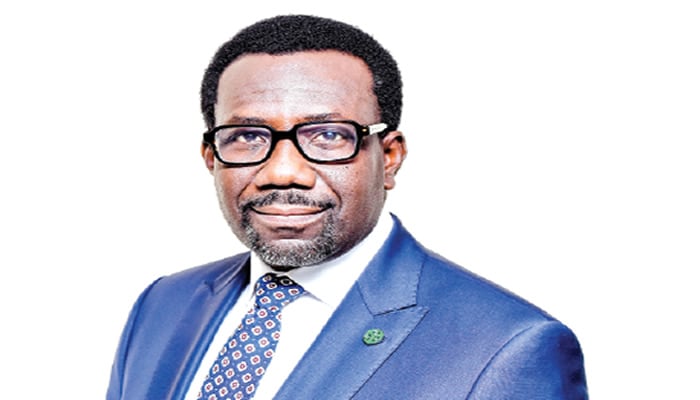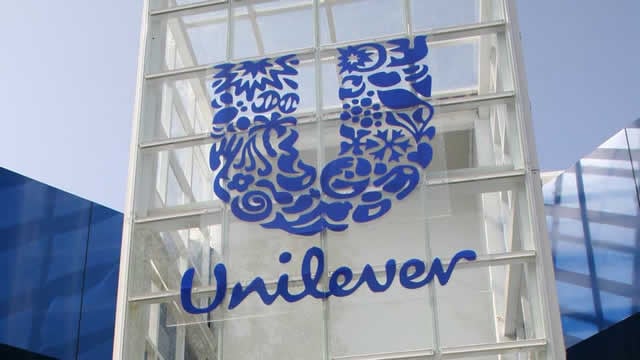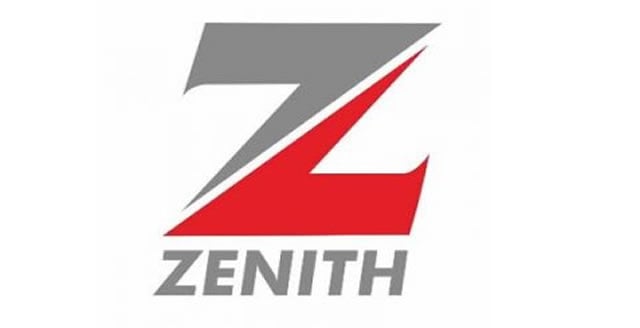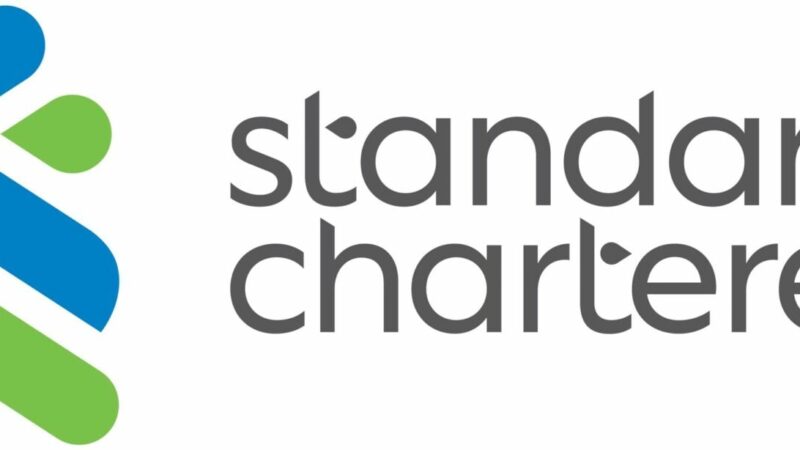Nigeria gets W’Bank $1.5bn for subsidy removal, tax bills
 The World Bank has fully disbursed a $1.5bn loan to Nigeria following the Federal Government’s implementation of key reforms, including removing fuel subsidies and introducing comprehensive tax policies
The World Bank has fully disbursed a $1.5bn loan to Nigeria following the Federal Government’s implementation of key reforms, including removing fuel subsidies and introducing comprehensive tax policies
The loan, part of the Reforms for Economic Stabilisation to Enable Transformation Development Policy Financing initiative, is among the fastest disbursements Nigeria has received with both tranches released in less than six months.
According to a World Bank document obtained by The PUNCH on Sunday, the loan was approved on June 13, 2024, with the first tranche of $750m disbursed on July 2, 2024.
The second tranche, tied to the fulfilment of specific economic reform conditions, was disbursed in November 2024.
This rapid disbursement contrasts with other loan programmes, which typically experience delays due to slow or partial implementation of conditions.
For more context, another loan of $750m was approved on the same day (June 13, 2024) for the Accelerating Resource Mobilisation Reforms Programme for Results project in Nigeria.
The PUNCH observed that the World Bank has only disbursed about $1.88m to Nigeria at the time of filing this story, which is less than one per cent of the total approved $750m for the ARMOR project.
The PUNCH further observed that the $1.5bn loan disbursed to Nigeria was structured in two tranches with different maturity periods.
The first tranche was a $750m credit from the International Development Association, featuring a 12-year maturity and a six-year grace period.
The second tranche, a $750m loan from the International Bank for Reconstruction and Development, has a 24-year repayment period with an 11-year grace period.
The World Bank document read, “This document summarises the progress made under the Reforms for Economic Stabilisation to Enable Transformation Development Policy Financing for the Federal Republic of Nigeria (Borrower or Recipient), which was approved by the Executive Directors on June 13, 2024.
“The DPF is a standalone operation comprised of two tranches: (1) first tranche comprising $750m credit from the International Development Association (Association) (Shorter Maturity Loan terms with 12-year maturity and grace period of 6 years, Credit No. 7567-NG); and (2) second tranche comprising $750m loan from the International Bank for Reconstruction and Development (Bank) (US dollar-denominated, commitment-linked loan with 24-year maturity and grace period of 11 years, Loan No.9683-NG).
“The Financing Agreement and Loan Agreement were signed and declared effective on June 19, 2024 and June 26, 2024, respectively. The first tranche was released on July 2, 2024.”
While the document itself did not clearly state when the disbursement for the second tranche was made, further findings by The PUNCH showed that Nigeria got a $750m disbursement from the World Bank in November.
According to the document seen by The PUNCH, a critical reform that unlocked the second tranche was the removal of fuel subsidies.
The World Bank commended the government for not only meeting the condition but exceeding expectations by fully deregulating the fuel market.
The document noted, “In terms of implementation, while the TRC [Tranche Release Conditions] formulation required introducing the change over a specified time-bound implementation period, the Borrower has moved ahead and made the change immediately, thereby overachieving the TRC in this respect.
“Effective October 2024, the price of PMS has been determined by the international market and the exchange rate set by the Central Bank of Nigeria.”
This move has allowed petrol prices to align with international market rates and exchange rates, effectively ending the implicit subsidies that had burdened public finances.
Fuel prices have increased more than fivefold since the reform process began in mid-2023, a change that has drawn both praise for its fiscal prudence and criticism for its impact on living costs.
In addition to removing fuel subsidies, the Federal Government introduced sweeping tax reforms aimed at improving revenue mobilisation.







